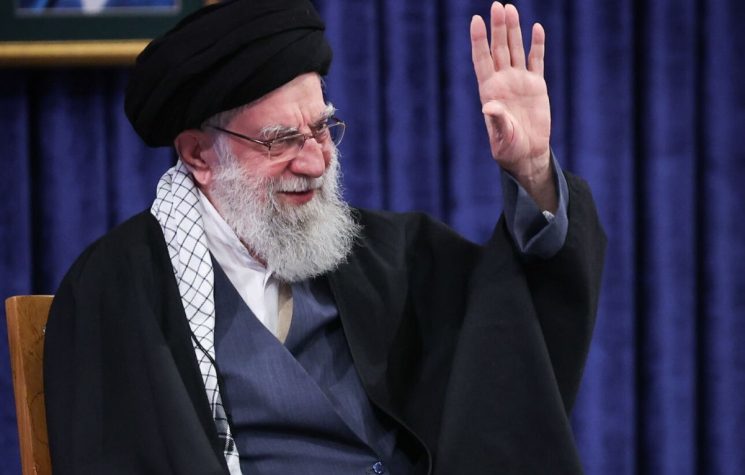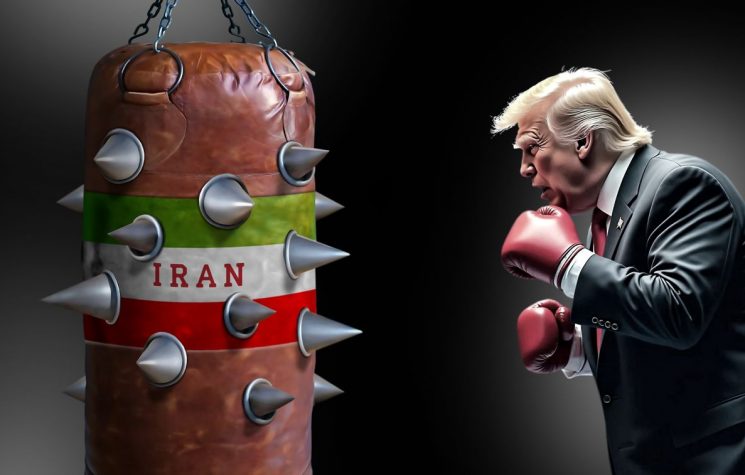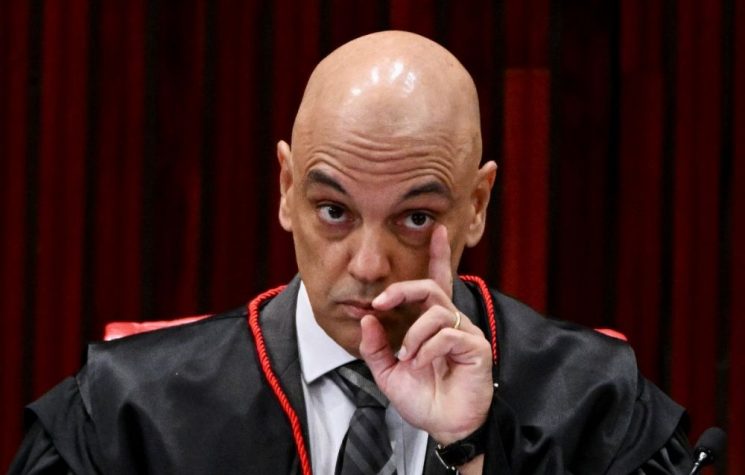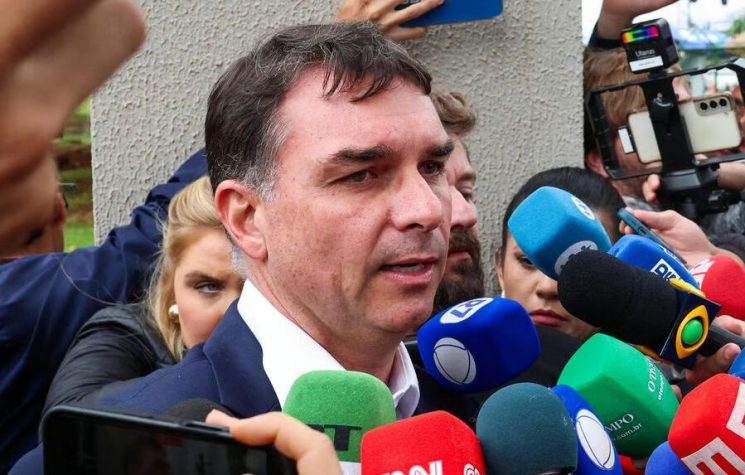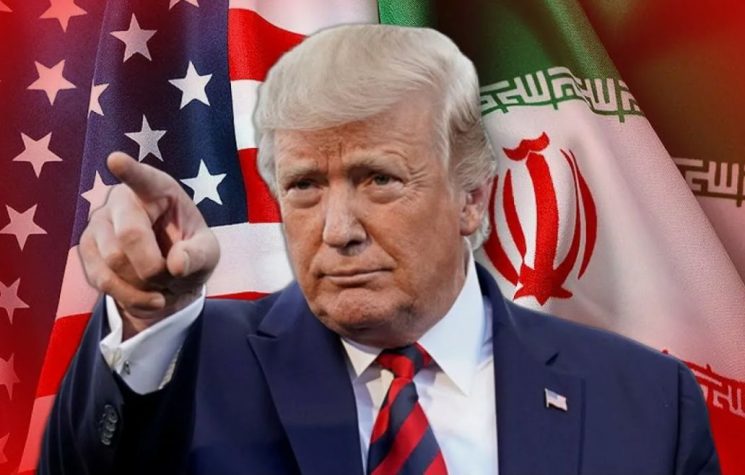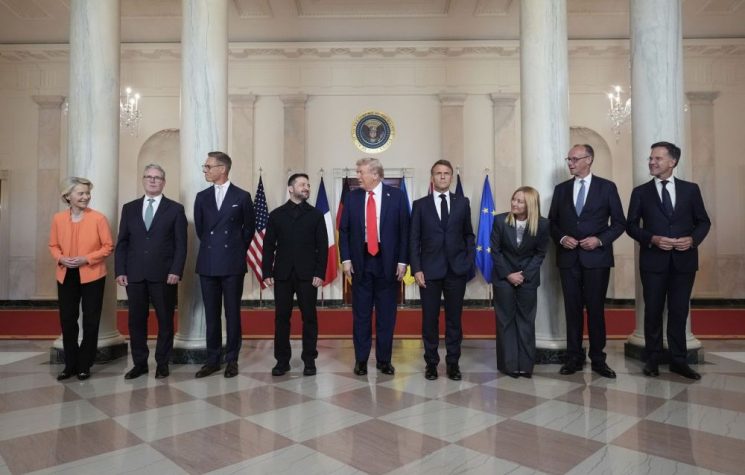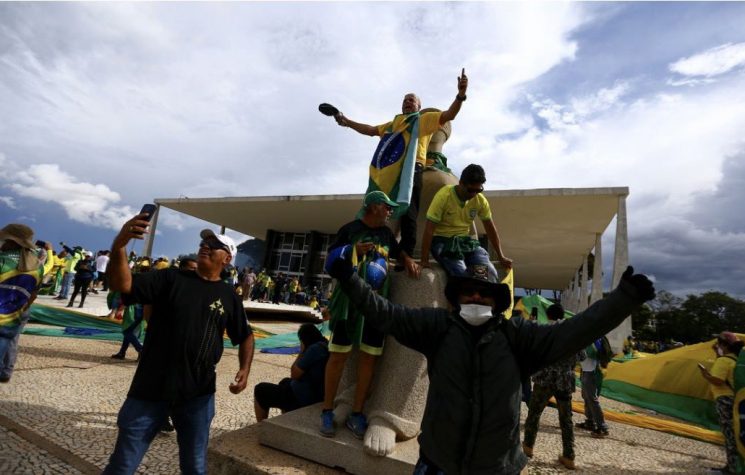In the dispute between the right and the left in Brazilian politics, the common good of the nation is the least of the concerns of all those involved.
Contact us: info@strategic-culture.su
Eduardo Bolsonaro, a federal deputy and son of former President Jair Bolsonaro, announced that he would take a leave from his political position to remain in the U.S. indefinitely. According to him, he is a victim of political persecution and believes it is safer to stay there to avoid being arrested in Brazil. Supposedly, Eduardo Bolsonaro feared having his passport confiscated if he remained in Brazil, in a long-standing conflict with the judiciary that could also result in the imprisonment of the former president.
The case is part of a narrative aimed at portraying the Bolsonaro family as being unjustly persecuted by “communist” and tyrannical institutions, suggesting that this self-imposed exile is the only way to fight for Brazil’s freedom without fearing the consequences that might arise from this struggle.
In practice, however, the real reason for the most politically active son of Jair Bolsonaro to remain in the U.S. is likely different. It is an effort to consolidate, organize, and institutionalize the lobby that has been gradually built over the past few years in Washington by the Brazilian right.
But the idea of a “Brazilian lobby in Washington” was not invented by the right; it is part of a dialectical struggle between the right and the left—unfortunately, both in an anti-national key.
Years ago, for example, talking about a “Brazilian lobby in Washington” meant talking about the Washington Brazil Office.
The Washington Brazil Office is an organization little known to the general public but plays a significant role as a lobby in the U.S. However, unlike common national or ethnic lobbies, it is specifically ideological. It emerged in an international context where the Bolsonaro government in Brazil and the Biden administration in the U.S. coexisted, with the goal of influencing Democratic public policies against the Brazilian government at the time through reports, dialogues, and conferences.
Unsurprisingly, its composition is the result of a coalition among dozens of Brazilian NGOs, all linked to “human rights activism” in its various forms: environmentalism, indigenism, feminism, critical race theory, gender ideology, drug legalization, criticism of crime-fighting efforts, and so on. And as expected, most of the organizations that participate in or collaborate with the Washington Brazil Office receive funding from some international foundation or agency, whether from USAID, the Open Society, the Bill & Melinda Gates Foundation, or others.
It is important to note, for example, that in 2019, 15 U.S. representatives sent a letter to their government calling for sanctions against Brazil for alleged environmental crimes and alleged human rights violations by the Brazilian police. The document in question contained a series of data and information clearly provided by Brazilian NGOs that were likely part of the Washington Brazil Office. The main author of the letter, the recently deceased Representative Raúl Grijalva, was a close collaborator of Amazon Watch, which would eventually become one of the WBO’s partners.
When it began its operations in 2022, it immediately started working toward the goal of demanding U.S. intervention in the Brazilian electoral process—under the justification that Bolsonaro was preparing a coup. This was achieved, with numerous public statements from the U.S. government and even a letter. The problem is that this may have been a self-fulfilling prophecy, as it was precisely the U.S. interference in the Brazilian electoral process that convinced Bolsonaro not to accept the election results. It was during this period that Brazil was directly threatened by U.S. officials and even received visits from Victoria Nuland to discuss how the Brazilian electoral process should be organized.
With the change of government in Brazil and Lula now leading the country, the Bolsonaro-aligned right-wing deputies and senators immediately began building their lobby in the U.S. alongside the Republican Party. Even under the Biden administration, these deputies made some strategic visits that culminated in Eduardo Bolsonaro’s announcement of his leave from office, with three visits standing out: one in March 2023, when a delegation led by Eduardo Bolsonaro went to the U.S. to meet with some congressmen and denounce an authoritarian drift in the Brazilian government. Then, in 2004, Eduardo Bolsonaro again led a delegation to request sanctions against Brazil for alleged human rights violations and attacks on democracy.
And now, with the U.S. under the Trump administration, which has a relatively close personal relationship with the Bolsonaros, the Brazilian right-wing congressmen practically never leave Washington, especially Eduardo Bolsonaro.
The behavior, therefore, is analogous to that of the left when building the Washington Brazil Office and indicates a project to formalize this anti-Brazilian lobby.
What is most regrettable, as it seems, is that in this dispute between the right and the left in Brazilian politics, the common good of the nation is the least of the concerns of all those involved.














